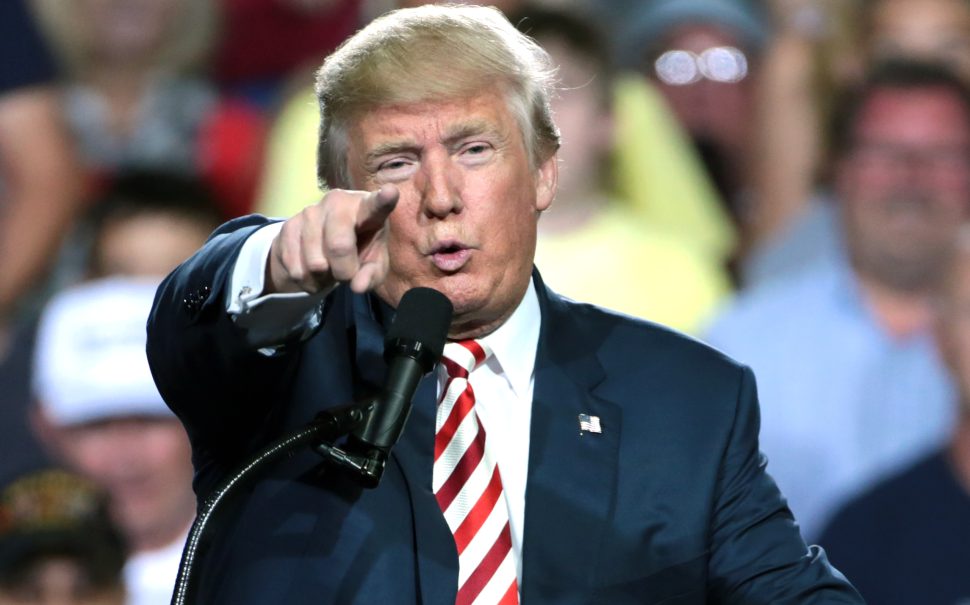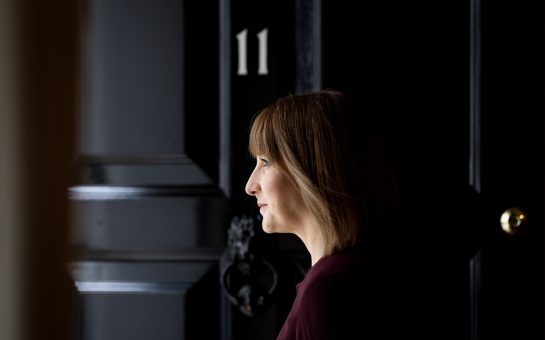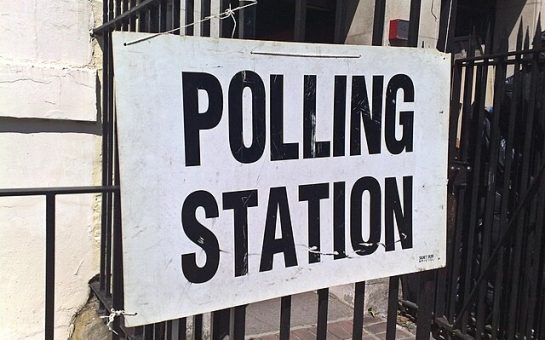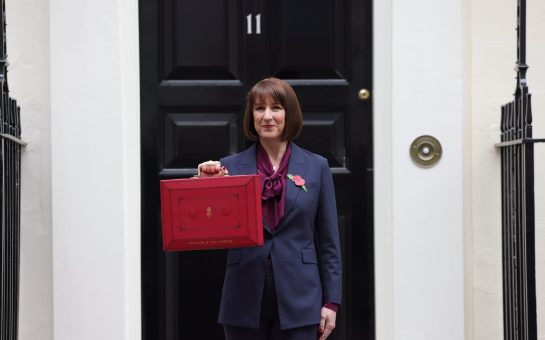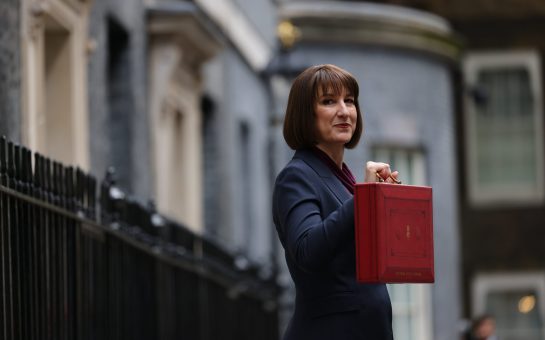Following Donald Trump’s election as the 47th president of the United States this morning, Keir Starmer has insisted that “the UK-US special relationship will continue to prosper on both sides”.
However, Trump’s “America First” foreign policy is likely to pose political, economic and diplomatic challenges for the UK.
Here’s a roundup of some of the potential impacts of Trump’s victory on the UK.
Economy
Trump’s protectionist trade policy could impact the UK’s economy.
Trump plans to introduce a 10% tariff on all US imports. The US is Britain’s largest export market, with 22% of the UK’s exports going to the US in 2023.
The National Institute of Economic and Social Research (NIESR) says these tariffs would lead to rising inflation and higher interest rates from the Bank of England.
A 100% tariff on imported vehicles has also been promised. This could impact the US demand for UK-made cars and has the potential to cause job losses in the car manufacturing industry.
Today the dollar has surged against other currencies, posting its biggest gain in eight years. The pound sank 1.41% against the US dollar to its lowest level since August.
Defence
Trump has promised to end the war in Ukraine within 24 hours of his election but hasn’t set out how he will do this.
The new president has previously been critical of President Volodymyr Zelenskyy’s reliance on US military support and during his campaign he threatened to stop aid to Kyiv if elected.
If Trump delivers on this promise, the UK could be required to increase its support for Ukraine.
Similarly, Trump has complained that EU members of NATO don’t contribute enough to its budget and has said he plans to push NATO members to increase spending from 2% of GDP to 3%. In 2024 the UK contributed 2.3% of its GDP to NATO funding, which amounted to over £6.5 billion.
During his election campaign Trump claimed the US would only defend NATO members from an attack by Russia if they met their spending obligations. He said: “If you’re not going to pay, then you’re on your own.”
Foreign policy
The UK has traditionally been a close ally of the US in foreign policy. In reaction to Trump’s election, the Prime Minister said: “As the closest of allies, we stand shoulder to shoulder in defence of our shared values of freedom, democracy and enterprise.”
However, Trump’s backing of Israel’s war on Gaza is at odds with Labour’s more critical approach towards Israel. In a phone call earlier this month, Trump told Benjamin Netanyahu to “do what you have to do”.
These contrasting stances could pose diplomatic challenges for the UK and US as close allies.
Climate
During his campaign, Trump described climate change as “one of the great scams of all time”.
In his first term, Trump withdrew the US from the Paris Agreement and has said he would leave again if elected. This could potentially hinder the international transition away from fossil fuels.
Trump has pledged to boost domestic oil and gas production to lower US fuel costs. This not only risks prolonging the dominance of oil and gas in international energy markets but it could also impact the sale of North Sea oil and gas.
Featured image: Gage Skidmore (CC BY-SA 2.0).
